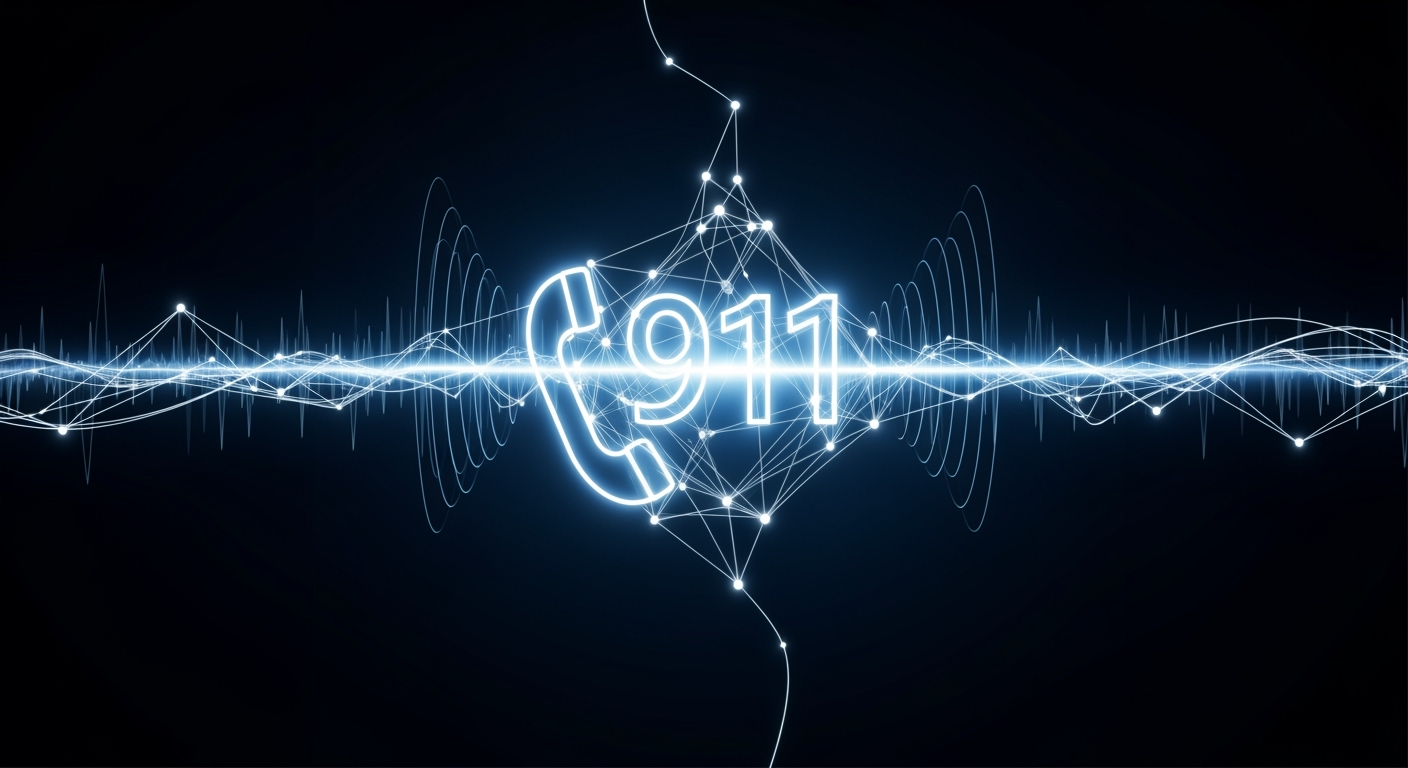AI Voice Assistants Step Up as 911 Centers Face Staffing Shortages

AI Voice Assistants Step Up as 911 Centers Face Staffing Shortages
Emergency call centers across the United States are increasingly turning to artificial intelligence to help manage soaring workloads amid severe staffing shortages. The pressure on 911 dispatchers has reached a critical point, prompting innovative startups to deploy AI-powered voice assistants that can handle non-emergency calls and free up human operators for urgent situations.
The Challenge: Understaffed and Overwhelmed 911 Centers
Emergency dispatching is notorious for high turnover rates and grueling work hours. Many centers are understaffed, with some dispatchers working 12- to 16-hour shifts just to keep up. This not only leads to burnout but also puts the public at risk when critical calls face long wait times.
Aurelian: AI-Powered Relief for Dispatchers
Recognizing the strain on emergency systems, Aurelian—a startup originally focused on automating hair salon bookings—pivoted to develop an AI voice assistant specifically for 911 and non-emergency lines. The idea was sparked when a salon owner struggled to report a routine parking issue, waiting 45 minutes on hold. Founder Max Keenan soon realized that many non-emergency calls, like noise complaints or stolen wallet reports, are handled by the same staff fielding life-or-death emergencies.
Since its launch in May 2024, Aurelian’s AI has been adopted by more than a dozen dispatch centers, including those in Snohomish County (Washington), Chattanooga (Tennessee), and Kalamazoo (Michigan). The AI system quickly identifies genuine emergencies and routes them to human dispatchers, while efficiently triaging and documenting non-urgent issues for later follow-up.
Growing Interest and Investment
The promise of AI solutions in public safety has attracted significant investment. Aurelian recently closed a $14 million Series A funding round led by NEA. Mustafa Neemuchwala, a partner at NEA, emphasized the unmet staffing needs: “You’re not replacing an existing human being, you’re replacing a person they wanted to hire but couldn’t.”
Other Players in the Field
Aurelian isn’t alone in this space. Competitors like Hyper and Prepared have also launched AI tools for non-emergency calls. However, Aurelian claims to be the only company currently deployed and managing live calls at scale, handling thousands of real interactions daily.
Why This Matters for Public Safety
- Reduces Wait Times: Non-urgent complaints no longer clog emergency lines, allowing faster response for true emergencies.
- Supports Dispatchers: AI helps alleviate workload and reduce burnout, giving human staff much-needed breaks.
- Cost-Effective: AI fills the gap when hiring more staff isn’t feasible, making public safety operations more efficient.
The Future of AI in Emergency Response
As demand for 911 services continues to rise, adoption of AI solutions like Aurelian’s is likely to accelerate. These tools are not about replacing human judgment in life-or-death situations, but ensuring that critical calls are answered promptly while routine issues are managed efficiently. For cities struggling with dispatcher shortages, AI voice assistants may soon become an essential part of the emergency response toolkit.





